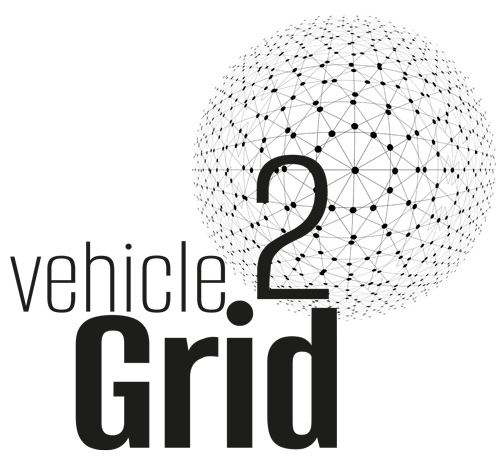The energy transition in the electrical energy supply sector is leading to more fluctuating renewable energy sources in the power grid. Thus, control reserves such as frequency containment reserve (FCR) are gaining in importance and need further investigation. In Germany, the power grid is divided into balancing groups (BG) which should be balanced out. The provision of FCR, creates an imbalance in the respective BG depending on the grid condition. However, this energetic imbalance and the resulting costs for the balancing group manager (BGM) have not been quantified yet. This work provides a simulation model that examines the energy imbalances resulting from the provision of FCR. We validate the simulation results with real-world data for a 5 MW battery storage system and derive the consequential costs for the energy imbalances. It also examines the flexibility for batteries given by the regulation in form of the degrees of freedom (DOF) in three variants for the provision of FCR. The DOFs give a battery storage operator the ability to charge up to 8.68MWh/MW FCR more per month or discharge up to 9 MWh/MW FCR per month on average. The additional profits from the German imbalance settlement price (reBAP) thus vary on average between 302€ and 1068€ per MW FCR per month. In conclusion, the simulations and real-world data show that the provision of FCR distorts the BG in terms of energy balance. Over the period of one month, the deviation usually leads to a cost-technical advantage for the BGM. The provision of FCR as a grid service can therefore be seen as a positive gain for a BG.

